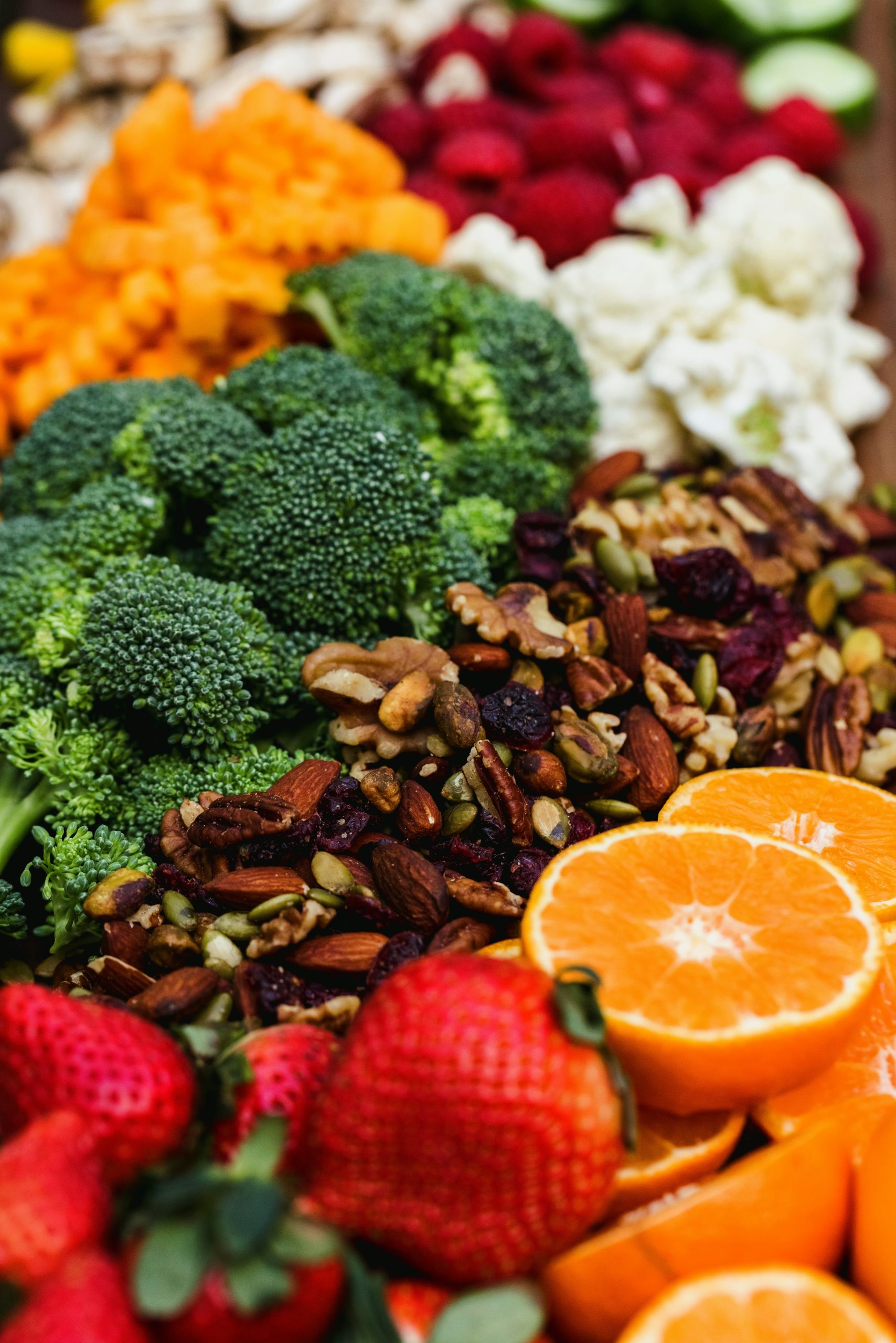
Nutrition for Competitive Athletes Advanced Insights
**Nutrition for Competitive Athletes: Advanced Insights**
Competitive athletes require more than just physical training to excel in their chosen sport; nutrition plays a crucial role in optimizing performance, enhancing recovery, and maintaining overall health. While basic dietary principles are well-known, advanced insights into nutrition can provide athletes with a competitive edge. Here, we delve into the intricacies of nutrition for competitive athletes, backed by scientific research and expert advice.
### Macronutrient Balance
#### Protein Requirements
Protein is essential for muscle repair and growth, making it a cornerstone of an athlete’s diet. Advanced insights suggest that timing and type of protein intake can significantly impact performance. For instance, consuming high-quality proteins like lean meats, fish, eggs, and dairy within 30 minutes post-exercise can enhance muscle recovery and synthesis.
#### Carbohydrate Strategies
Carbohydrates are the primary energy source during intense exercise. Advanced strategies involve optimizing carbohydrate intake based on the type, duration, and intensity of training. Athletes may benefit from periodized carbohydrate intake, where they adjust daily carbohydrate amounts and types based on training demands to maximize glycogen stores and performance.
#### Fat Considerations
While often overshadowed by carbohydrates and protein, fats play a vital role in endurance and overall health for athletes. Advanced insights emphasize the importance of including healthy fats, such as those from nuts, seeds, avocados, and fatty fish, to support immune function and hormone regulation.
### Micronutrient Optimization
#### Vitamins and Minerals
Micronutrients like vitamins and minerals are crucial for various physiological processes, including energy production and muscle function. Advanced nutrition strategies for athletes involve assessing individual micronutrient needs through blood tests and tailoring supplementation accordingly to prevent deficiencies that could impair performance.
#### Antioxidants and Recovery
Intense exercise increases oxidative stress, leading to muscle damage and fatigue. Advanced insights recommend increasing intake of antioxidant-rich foods like berries, leafy greens, and nuts to combat oxidative stress and promote faster recovery between training sessions.
### Hydration Strategies
#### Fluid Balance
Optimal hydration is essential for performance and health. Advanced hydration strategies go beyond drinking water during workouts; they involve personalized hydration plans that consider sweat rates, electrolyte losses, and environmental conditions. Athletes may benefit from using electrolyte-enhanced drinks during prolonged exercise to maintain fluid balance and enhance performance.
### Nutritional Timing and Periodization
#### Pre-Workout Nutrition
The timing and composition of pre-workout meals can significantly impact performance. Advanced insights suggest consuming a balanced meal containing carbohydrates, proteins, and fats 2-3 hours before exercise to ensure adequate energy availability without causing gastrointestinal distress.
#### Intra-Workout Fueling
For prolonged exercise sessions, intra-workout nutrition becomes crucial to sustain energy levels and delay fatigue. Athletes may use easily digestible carbohydrates like sports drinks or energy gels to replenish glycogen stores and maintain blood glucose levels during extended workouts.
#### Post-Workout Recovery
Nutrition immediately post-exercise is critical for optimizing recovery and preparing the body for subsequent training sessions. Advanced strategies involve consuming a combination of carbohydrates and proteins in a 3:1 or 4:1 ratio within the first 30-60 minutes post-exercise to enhance muscle glycogen replenishment and promote muscle repair.
### Case Studies and Practical Applications
#### Case Study: Endurance Athlete
Consider a case study of an endurance athlete who implements advanced nutrition strategies. By meticulously timing carbohydrate intake based on training intensity and incorporating antioxidant-rich foods, the athlete experiences improved endurance capacity and faster recovery times between races.
#### Practical Application: High-Intensity Interval Training (HIIT)
For athletes engaging in HIIT, which demands both aerobic and anaerobic energy systems, advanced nutrition strategies may involve adjusting macronutrient ratios to support explosive power while maintaining endurance. This could include incorporating creatine supplementation and timing carbohydrate intake around training sessions to optimize performance gains.
### Conclusion
In conclusion, nutrition for competitive athletes goes beyond basic dietary guidelines. Advanced insights into macronutrient balance, micronutrient optimization, hydration strategies, and nutritional timing can significantly impact athletic performance, recovery, and overall health. By integrating these advanced nutrition strategies tailored to individual needs and training demands, athletes can achieve peak performance and maintain competitive edge in their respective sports.
Remember, consulting with a sports nutritionist or dietitian who specializes in athlete nutrition can provide personalized guidance to optimize your nutrition plan for maximal performance gains.
